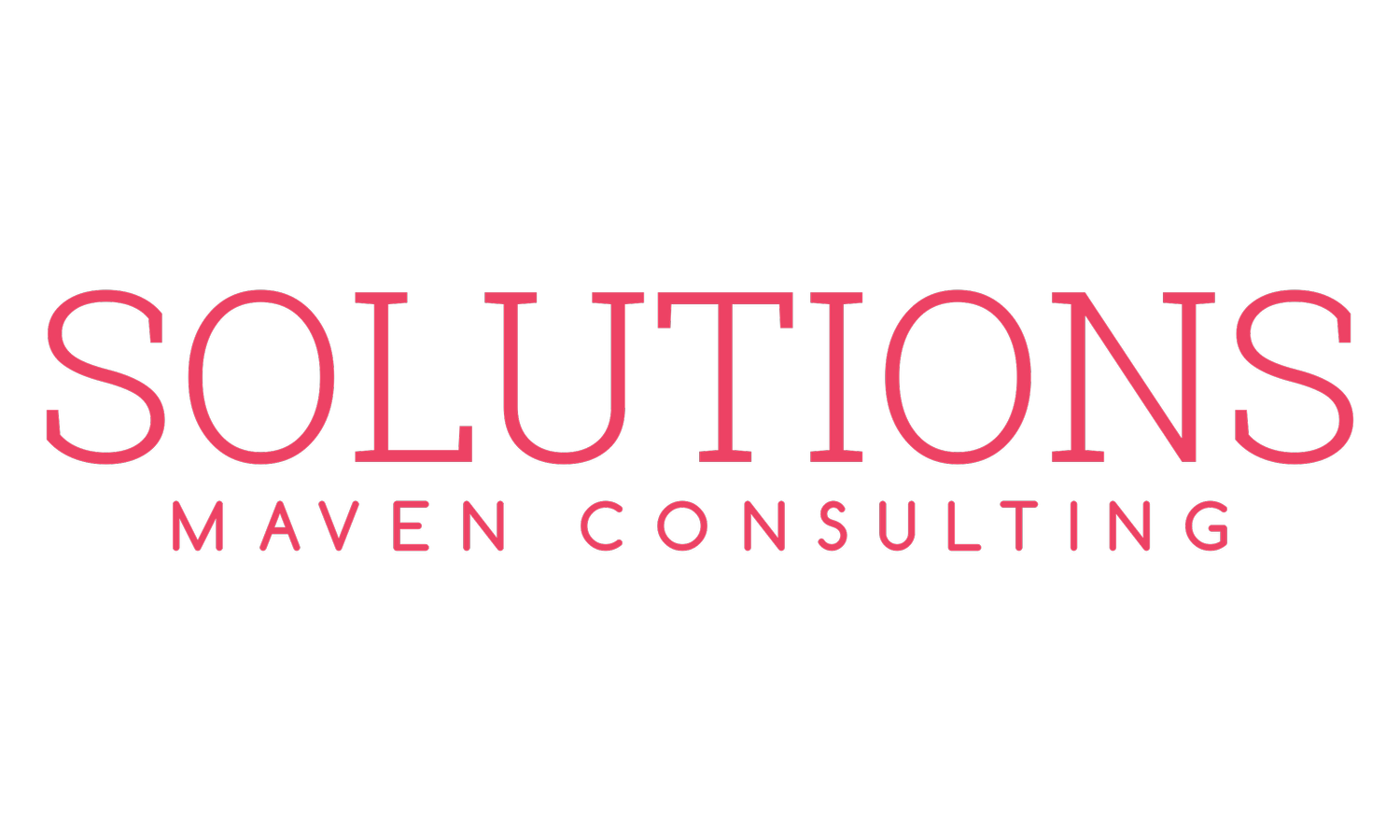Strategies for Enhancing Patient Satisfaction
Patient satisfaction is a critical metric of success for your medical practice. It not only reflects the quality of care provided but also significantly impacts patient retention and overall health outcomes. As healthcare providers strive to meet the expectations of patients, it’s essential to understand the connection between patient satisfaction, operational efficiency, and positive health outcomes. Let’s explore effective strategies to streamline operations and optimize the patient experience.
Understanding Patient Expectations
To improve patient satisfaction, first you must understand what patients expect from their healthcare experience. Patients typically seek timely service, compassionate care, and clear communication. They want to feel valued and understood, not like just another appointment on a busy schedule.
Gathering insights into patient expectations can be achieved through various methods. Conducting patient feedback surveys allows healthcare providers to gather data directly from the source. Additionally, developing patient personas based on demographic and behavioral data can help tailor services to meet the specific needs of different patient groups. Understanding these expectations is the foundation for implementing strategies that enhance satisfaction.
Streamlining Operations
One of the most effective ways to boost patient satisfaction is to streamline operations. This involves optimizing various processes to minimize delays and enhance overall efficiency.
Appointment Scheduling
Implementing online booking systems allows patients to schedule appointments at their convenience. Automated reminders can also be sent to reduce no-show rates. Moreover, adopting a strategic approach to scheduling can significantly reduce wait times, which is a major pain point for many patients. For example, scheduling more complex cases during less busy times can help balance the patient load.
Communication
Clear communication is essential in managing patient expectations. Utilizing patient portals can facilitate easy access to medical records, appointment details, and treatment plans. Regular updates about wait times or any changes in service can further improve patient experiences. For instance, sending text notifications to inform patients about unexpected delays can help them plan their time better and reduce frustration.
Staff Training
The quality of interaction between staff and patients can significantly affect satisfaction levels. Providing comprehensive customer service training to all staff members ensures they understand the importance of patient experience. Empowering employees to resolve issues promptly and equipping them with the skills to handle difficult situations can foster a more positive atmosphere for patients. Encouraging staff to engage in active listening and show empathy can transform routine visits into memorable experiences.
The Physical Environment
The physical environment of a healthcare facility plays a crucial role in shaping patient experiences. A welcoming atmosphere can significantly enhance patient satisfaction. A clean, comfortable waiting area is essential. Patients are likely to feel more at ease in a well-maintained space with comfortable seating and a calming aesthetic. Additionally, incorporating patient-friendly signage and clear directions can help alleviate confusion and stress, allowing patients to navigate the facility with ease.
Improving Through Feedback
Monitoring results is essential for maintaining patient satisfaction. Implementing post-visit surveys and suggestion boxes encourages patients to share their experiences. This proactive approach to gathering feedback not only demonstrates to patients that their opinions matter but also helps identify patterns and areas that may need attention. Once feedback is collected, it’s important to analyze the data for actionable insights. Identifying trends, such as common complaints or suggestions, can guide healthcare providers in developing targeted strategies for improvement. For instance, if many patients express concerns about wait times, it may indicate a need to revisit scheduling practices or resource allocation.
Enhancing patient satisfaction is a multifaceted endeavor that requires a deep understanding of patient expectations, streamlined operations, a welcoming environment, and a commitment to continuous improvement. By implementing these strategies, healthcare providers can not only improve patient satisfaction but also foster loyalty and positive health outcomes.
At Solutions Maven Consulting, we are dedicated to helping healthcare providers navigate these challenges and enhance the patient experience. By partnering with us, you can develop personalized strategies to ensure your patients feel valued and cared for, ultimately leading to a more successful practice.
For help improving patient satisfaction at your medical practice, contact us today.

